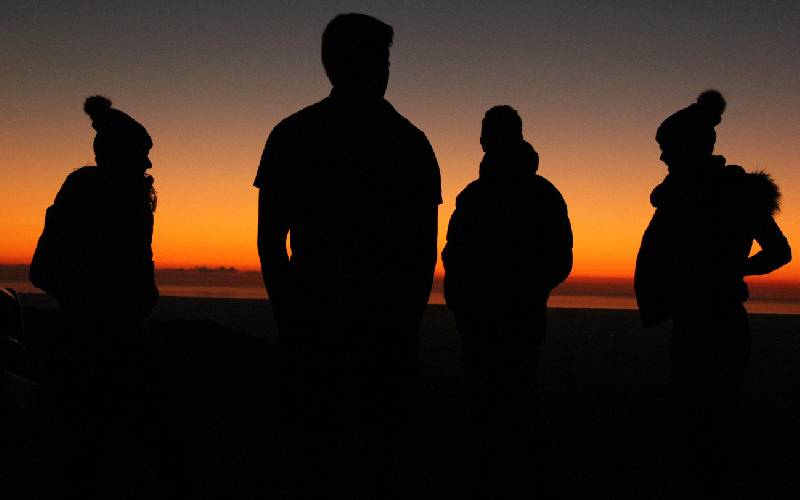×
The Standard e-Paper
Home To Bold Columnists

Queuing at the makeshift Huduma Centre for the Huduma Namba, I learnt a few lessons about the perception of young Kenyans regarding their future prospects. I presented myself at a registration point that was at the periphery of a slum and a middle class suburb.